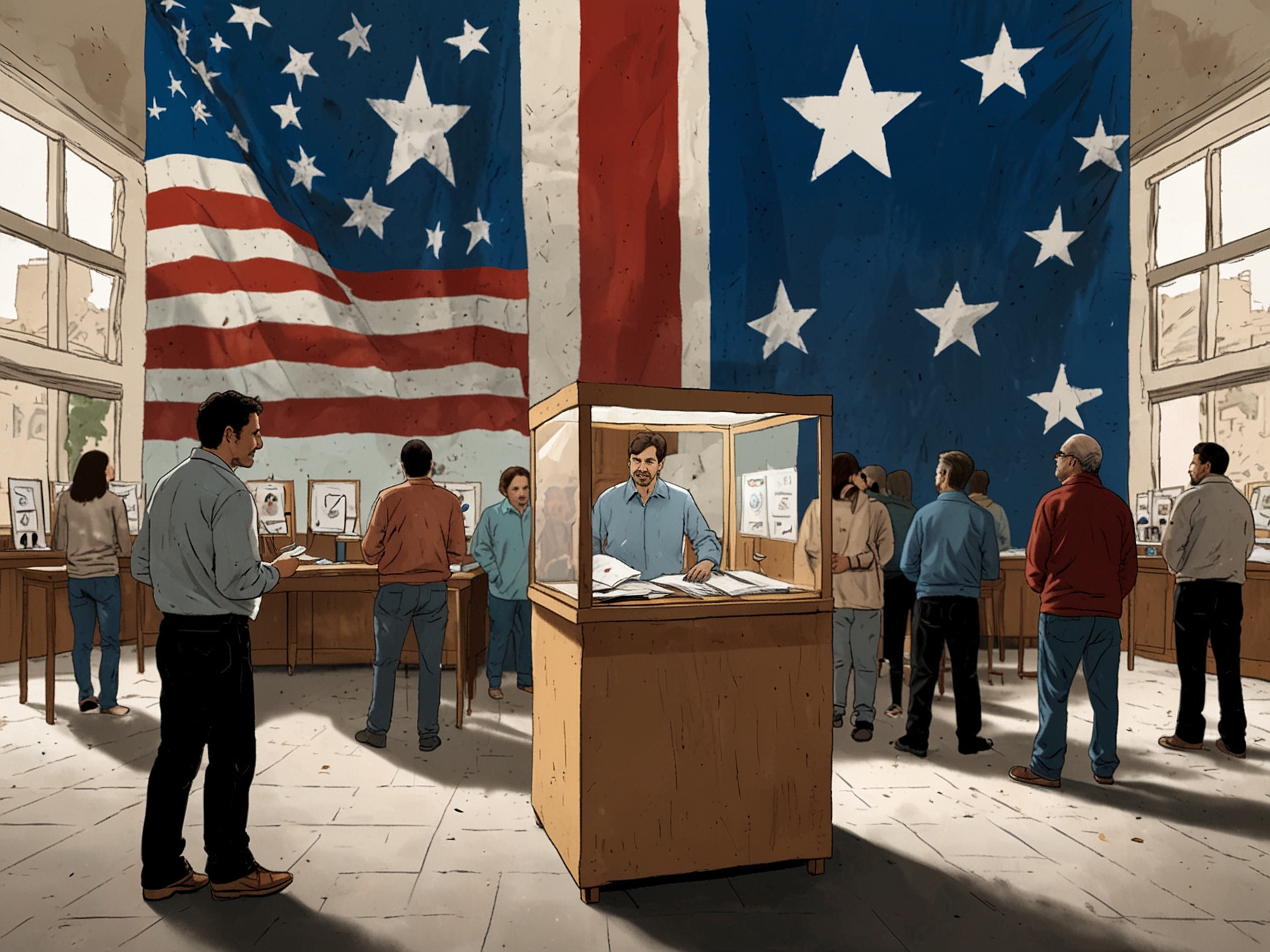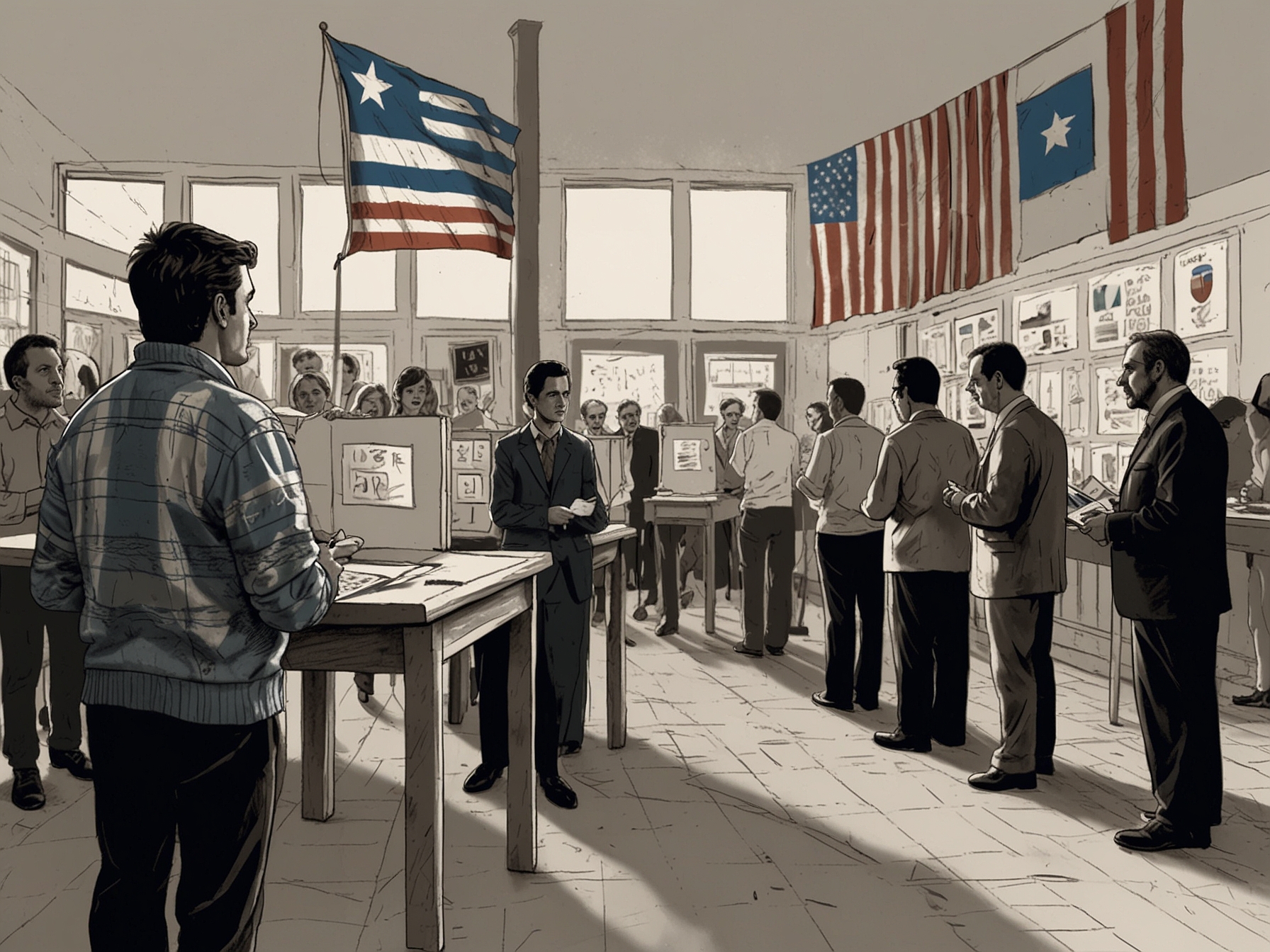Uruguay’s recent election may hint at broader trends in Latin America. When the Frente Amplio won, many turned their eyes to Argentina. Is this a sign that disruption reigns?
The victory of Yamandú Orsi raises questions. Does it signal a leftward shift in Latin America’s most stable nation? Or is it a reflection of a deeper discontent with traditional governing parties?

Analysts note that societies across the region are expressing dissatisfaction. It’s not just about left or right anymore. It’s about the feeling of being let down by those in charge.
Facundo Nejamkis, a political analyst, offers insights. In a conversation with Infobae, he shared his views on the recent elections. He pointed out that the traditional power structures are feeling the heat.
Uruguay’s election also begs the question: What does this mean for Argentina? Notably, the shift isn’t merely ideological. It’s rooted in a crisis of faith in democracy. This pattern echoes across the continent.

Consider the responses from Argentine leaders. They greeted Orsi’s win with both caution and acknowledgment. Even Milei, who seems to thrive on disruption, felt the need to respond. What does that say about the current political landscape?
Nejamkis emphasizes the cyclical nature of politics. “Officialism loses, regardless of ideology,” he states. This trend suggests a longing for change and an unwillingness to accept the status quo. The recent history in Argentina underscores this reality.
It’s a narrative many are familiar with. The 2015 election cycle marked a drastic change, displacing the long-dominant Peronism with a promise of new governance. But did it fulfill those promises? Or were the voters left craving something more?

Interestingly, even amid these shifts, the stability of Uruguayan politics stands out. Nejamkis describes it well. He points out that voters value a system over individual leaders. This sentiment might slowly be taking root elsewhere.
Many observers worry about the implications of these results. How long will current leaders hold onto power? Nejamkis posits that the cycle is shrinking. The people expect results, and they expect them fast.
In other countries like Mexico and Colombia, there’s a growing frustration. Latin Americans are ready to make bold choices. They want leaders who resonate with their experiences and aspirations.
With that in mind, who can blame them for turning towards radical options? Across the globe, disillusionment breeds unpredictability. Could this growing trend threaten returns to power for traditional markets?
Thus, the debate continues. The resurgence of left-leaning governments raises eyebrows and stirs fears. However, it also offers lessons for observers. Take heed of these trends, or risk missing a key insight.
As the political landscape shifts, what might this mean for future governance? How will these dynamics affect the Argentine populace? All eyes now turn towards upcoming elections. The ramifications could reach further than any one nation.




